The Forgotten Star Trek Director Who Tried To Save The Franchise
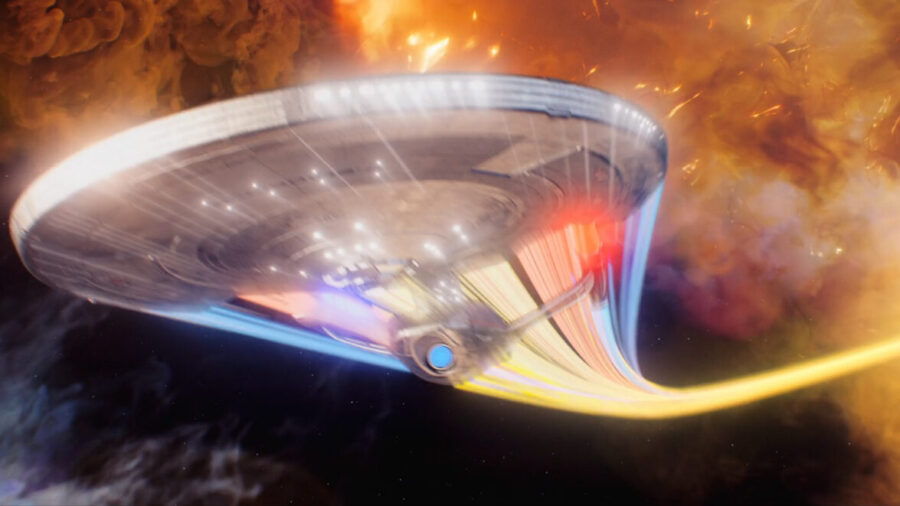
Despite how popular and long-lasting Star Trek has been as a franchise, most fans only know about a small handful of the writers, producers, and directors of their favorite shows. A great example of this is Winrich Kolbe, which is a name that your average fan is unlikely to recognize. However, he is absolutely vital to Star Trek: this director helped some of the most memorable episodes of the franchise’s golden age, and he did his best to help the franchise prosper by encouraging stories about humanity and emotion rather than science and technology.
Winrich Kolbe Wanted Pen Pals To Showcase More Emotion
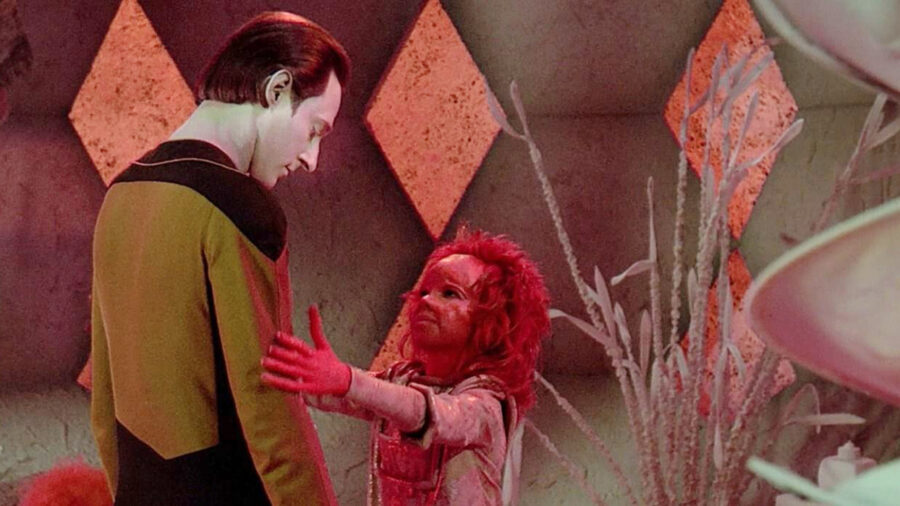
We know about this Star Trek director’s thoughts on effective storytelling thanks to the statements he made going back to the early days of TNG. Regarding the episode “Pen Pals,” for example, he told The Official Star Trek: The Next Generation Magazine that it was “a very personal story.”
However, some big names requested changes to the story, which meant that we lost character-building moments in favor of “tech talk,” and he openly disagreed with the idea of jamming such empty dialogue (later nicknamed “technobabble”) into scripts that didn’t necessarily need it.
Higher Ups Wanted More Tech Talk
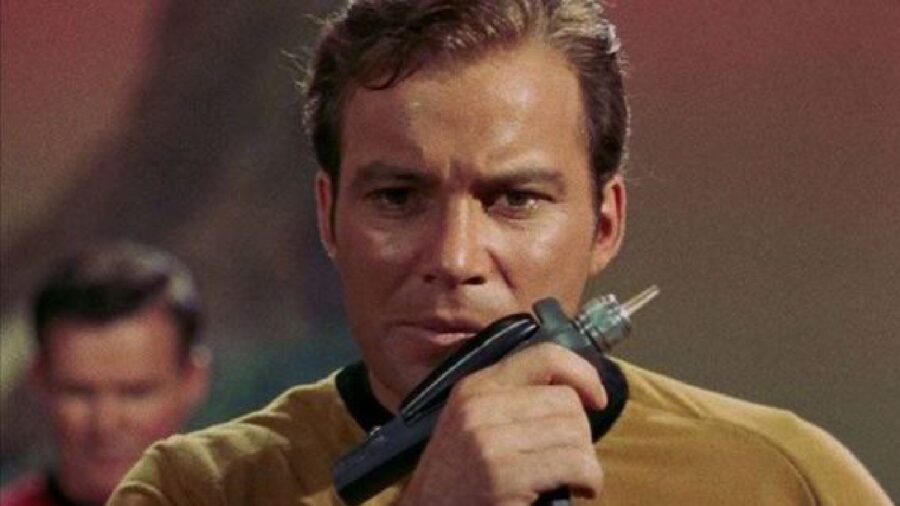
In recalling what happened with “Pen Pals,” the Star Trek director was honest about his memory and that he wasn’t entirely sure if it was Rick Berman, Gene Roddenberry, or another person high up in the food chain that requested changes to the script.
Regardless of who the big wig was, the result was that more technobabble got added in, and Winrich Kolbe thought this was to the detriment of the show. “I don’t necessarily agree with the assessment that more technical jargon enhances the stories.,” he said, opining that “these stories should be left alone.”
TNG Needed More Character-Driven Dialogue
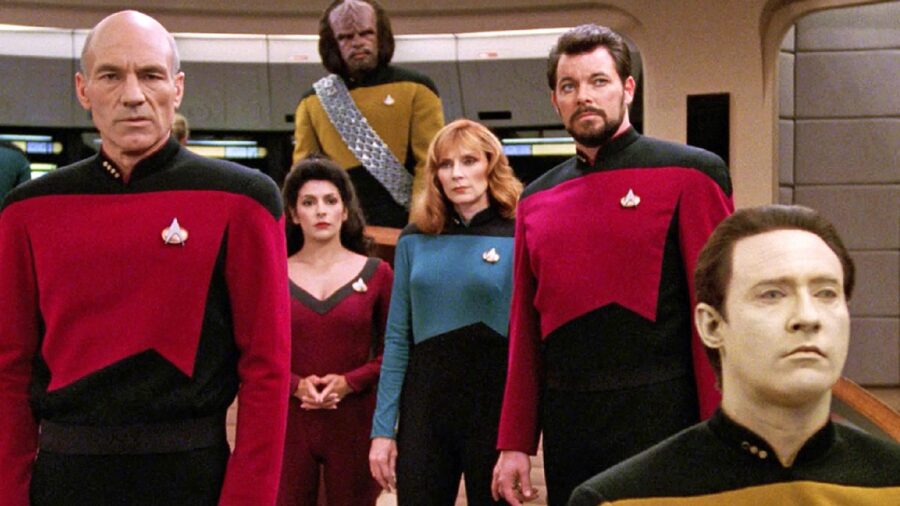
As far as early Star Trek episodes go, “Pen Pals” was highly regarded (it seemed like a work of art compared to early stinkers like “Code of Honor”), but the director still thinks it could have been better.
Speaking with characteristic bluntness, Kolbe said that “these stories should be left alone” rather than meddled with and that “‘Pen Pals’ could have been a better show than it was.” Obviously, it’s impossible to speak for all fans, but we think that the late Star Trek director was right and that the franchise could always benefit from more character-driven dialogue and fewer largely made-up technology buzzwords.
Too Much Emphasis On Science And Technology
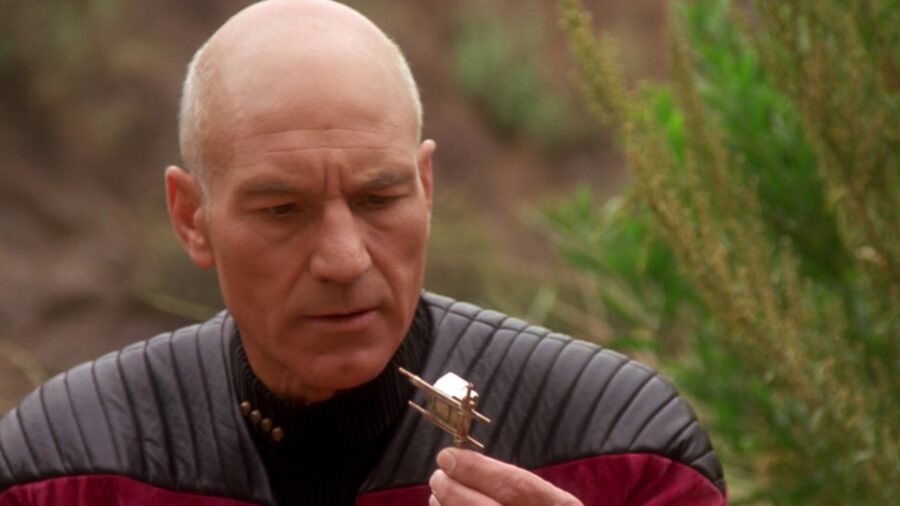
From the very beginning, some Star Trek fans have maintained that the series’ emphasis on science and technology has set it apart from other franchises. However, why does that distinction really matter if it gets in the way of good storytelling? Star Wars is certainly on the back foot now, but let’s be honest: it didn’t become the most popular sci-fi franchise in the world by having Darth Vader fret about how to fix a Star Destroyer’s hyperdrive or Princess Leia worrying whether the Empire could crack the shield frequency for the Rebel base on Hoth.
No, Star Wars became a hit franchise by emphasizing fun action and chemistry between actors so great that not even the awful dialogue of George Lucas could ruin it. Star Trek is the same way: as this franchise’s best writers and directors can tell you, the most memorable moments have had nothing to do with technology.
Everyone remembers the death of Spock more than they remember the technical schematics for Project Genesis, just as everyone remembers the goofy Shakespearean dialogue of General Chang more than they remember the technical trick used to defeat his cloaked vessel.
Winrich Kolbe Knew What Fans Wanted
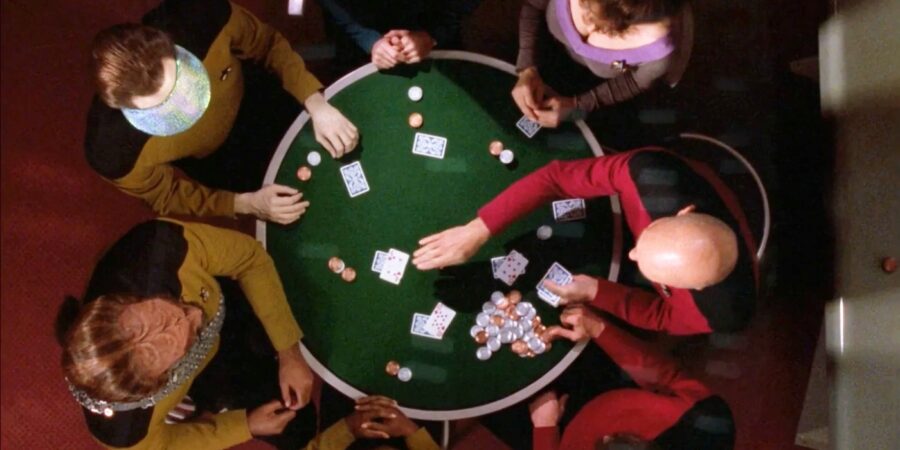
Long story short, Winrich Kolbe was a Star Trek director who understood this franchise inside and out, which is part of why he directed so many episodes, including “All Good Things,” the hit finale for The Next Generation. He even lived the dream of countless fans and dated Kate Mulgrew, and we’re pretty sure he didn’t win her over by spouting off gibberish about the ship’s warp core or deflector dish.
Instead, he made the kind of human connection with her that he wanted our favorite characters to make onscreen. And while Trek never fully shed its technobabble fever, Kolbe’s influence helped remind producers of what is most important: the human adventure. And that adventure can’t properly begin until the franchise’s infatuation with meaningless technical jargon finally ends.











